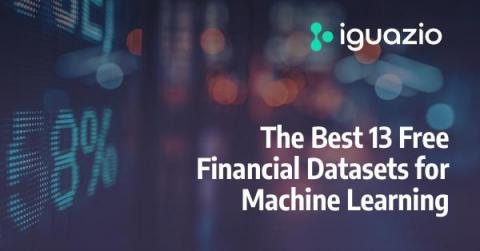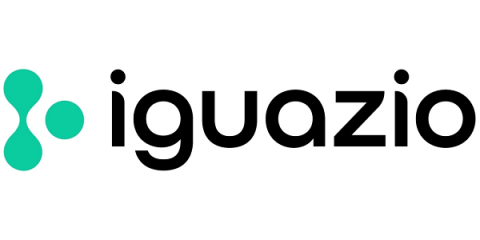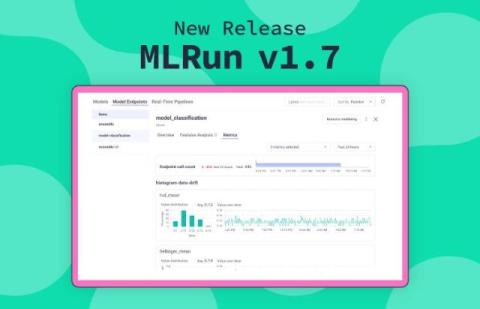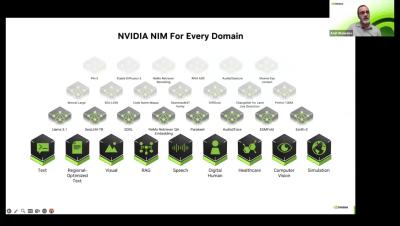Best 13 Free Financial Datasets for Machine Learning [Updated]
Financial services companies are leveraging data and machine learning to mitigate risks like fraud and cyber threats and to provide a modern customer experience. By following these measures, they are able to comply with regulations, optimize their trading and answer their customers’ needs. In today’s competitive digital world, these changes are essential for ensuring their relevance and efficiency.








